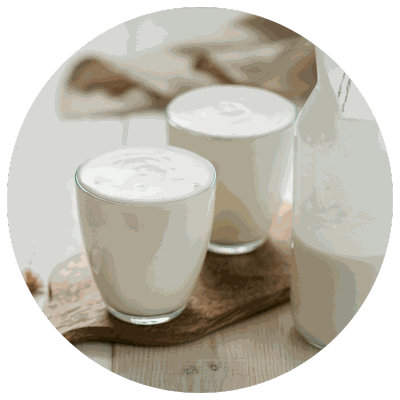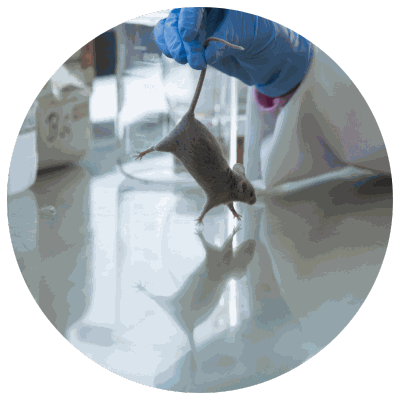Probiotic exhibits protective factors against ill effects of alcohol in mice
May 04, 2023 | Histopathology

Additional tests showed that 2 hours following exposure, control group mice showed a continuing rise of blood alcohol levels compared to probiotic-treated mice where it began to fall. Moreover, treated mice’s liver showed lower levels of lipids and triglycerides, a finding that suggests how probiotics can alleviate alcohol-related damage to that organ.
In investigating its potential therapeutic effects on humans, the team is excited about the prospect of improving recombinant probiotics for alcohol-induced health problems and liver problems. The researchers also noted that the clinical implications of this study can extend beyond alcohol-related conditions.
Back To Top
